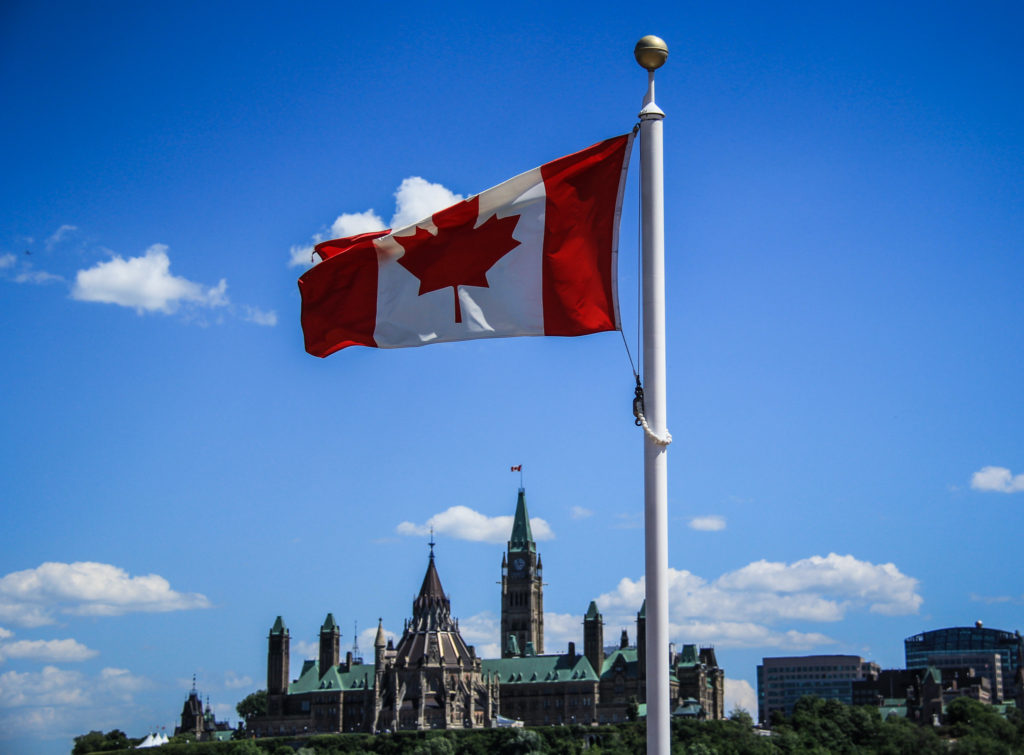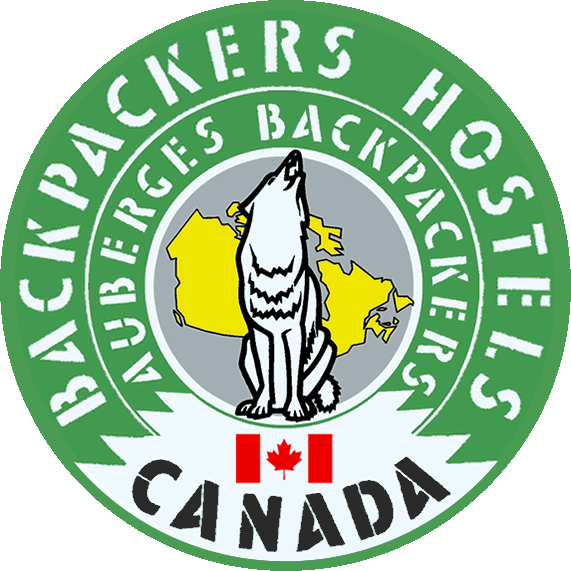When planning an overseas trip, one of the principal considerations for travelers is how much money they will require. From accommodation and food to transport and entertainment, there are many elements to consider.
Luckily, vacations in Canada can be tailored to meet every budget. From low-cost guesthouses and inexpensive eateries to the most luxurious hotels and fine-dining experiences, Canada offers options for all kinds of tourists.
The information below gives an indication of how much money is needed to stay in Canada in addition to practical advice for exchanging currency and paying by card.

How Much Money is Needed Per Day in Canada?
Whether traveling on a shoestring or with a generous budget, visitors can plan their Canadian itinerary accordingly.
Accommodation is usually the greatest expense. Fortunately, there is a wide range of options to select from across Canada including hostels, self-catering lodging and high-end hotels.
The estimates given below are for Toronto, prices in other parts of Canada may vary.
Staying in Canada on a budget
Foreigners on a budget should not be deterred from visiting Canada. With careful planning, a day in Canada can cost under $100 USD.
- Accommodation: Guesthouse or budget hotel $50- $80 (double room)
- Transport: bus pass $3.25 per adult
- Food and drink: street food and self-catering $10 to $20 per person
Mid-range options for tourists in Canada
Those with slightly more to spend can choose from several mid-range hotels and take advantage of the excellent gastronomic offering whilst spending no more than $220.
- Accommodation: 3-star hotel $140 to $160 (double room)
- Transport: car rental $30
- Food and drink: mid-range restaurants $20 to $30 per person
Top-end and luxury travel in Canada
Like most major cities, Toronto offers a wealth of prime hotels and restaurants which can be enjoyed from around $300 a day.
- Accommodation: 4-star hotel from $180 to $200 (double room)
- Transport: car rental $30 or taxi $1.75/km
- Food and drink: quality restaurants from $60 to $70 per person

Other Costs and Expenses in Canada
In addition to the main expenses laid out above, tourists should also allow some additional budget for miscellaneous costs.
Although many of Canada’s top sights are its stunning natural landscapes, such as the emblematic Niagara Falls, some of the major tourist attractions in Canadian cities charge an entry fee.
To enjoy the views from the top of the famous CN Tower in Toronto costs $39 for an adult, $29 for children.
There are some toll roads in Canada, drivers should check their planned routes to verify whether they will need to pay.
Foreigners planning a trip to Canada also need to take into account the Canadian eTA or visa fees.
Those who require a Canadian Travel Authorization urgently can now pay an additional fee for guaranteed 1-hour processing.

How Much do People Tip in Canada?
Tipping for good service in Canada is generally expected. The following is a guide to how much customers and clients are recommended to leave for a variety of services:
- Hotel porters: $1 to $2 per piece of luggage
- Restaurants: 15% to 20% of the bill before tax
- Bars: $0.50 to $2 per drink
- Taxi drivers: 10% to 15%
At restaurants, it is often possible to add the gratuity to the bill when paying by card, but in other circumstances, it’s a good idea to have small amounts of cash available for tipping.

Where to Exchange Currency in Canada
The official currency of Canada is the Canadian dollar ($ CAD). Foreign currency can easily be exchanged at the following places:
- Currency exchange kiosks
- Border crossings
- Large shopping malls
- Banks
The best exchange rates are generally found at banks. Traveler’s cheques are no longer widely accepted but some banks and currency exchangers still process them.
Do I need Canadian dollars to travel in Canada?
US dollars may be accepted, especially in towns by the border and at the most important tourist attractions.
Although some hotels and shops will accept US dollars, the exchange rate is unlikely to be favourable so paying in Canadian dollars is a better option.
Canadian dollars will be necessary for smaller areas and those away from urban centres.
How much is 1 Canadian dollar in US dollars?
The below exchange rates for $1 CAD are correct at the time of writing (1st April 2020):
- $0.70 USD
- €0,64 EUR
- £0.57 GBP
Travelers should check the exchange rate before departure to ensure they get a fair deal when swapping currency.
Withdrawing Cash and Paying by Card in Canada
ATMs are distributed widely throughout Canada so visitors should not encounter any issue withdrawing cash. The only exception being in some of the most remote areas, so it’s advisable to have enough cash available.
Common places to find ATMs are airports and bus/train stations as well as outside convenience stores.
It’s not necessary to carry around large sums of cash in Canada. Have some cash available in case cards are not accepted, especially when paying small amounts, although this is unlikely.
Which credit cards are accepted in Canada?
International visitors are able to use major credit cards to make payments and reservations in Canada. Throughout most of the country, Visa, American Express and MasterCard are accepted.
A valid credit or debit card is usually essential in order to reserve and pay for accommodation and to hire a car in Canada.
How Much Cash Can be Brought into Canada?
When crossing the border into Canada it’s necessary to either report to a Primary Inspection Kiosk, when available, or complete an E311 Declaration Card.
One of the security questions asked at the Canadian border, either at the kiosk or on the declaration card, relates to how much currency is being brought into the country.
Currency or monetary instruments (bonds, money orders, traveler’s cheques etc.) amounting to $10,000 or more must be declared.
Travelers carrying currency over $10,000 may be subject to additional luggage checks so it’s advisable to allow for extra time at the border.


